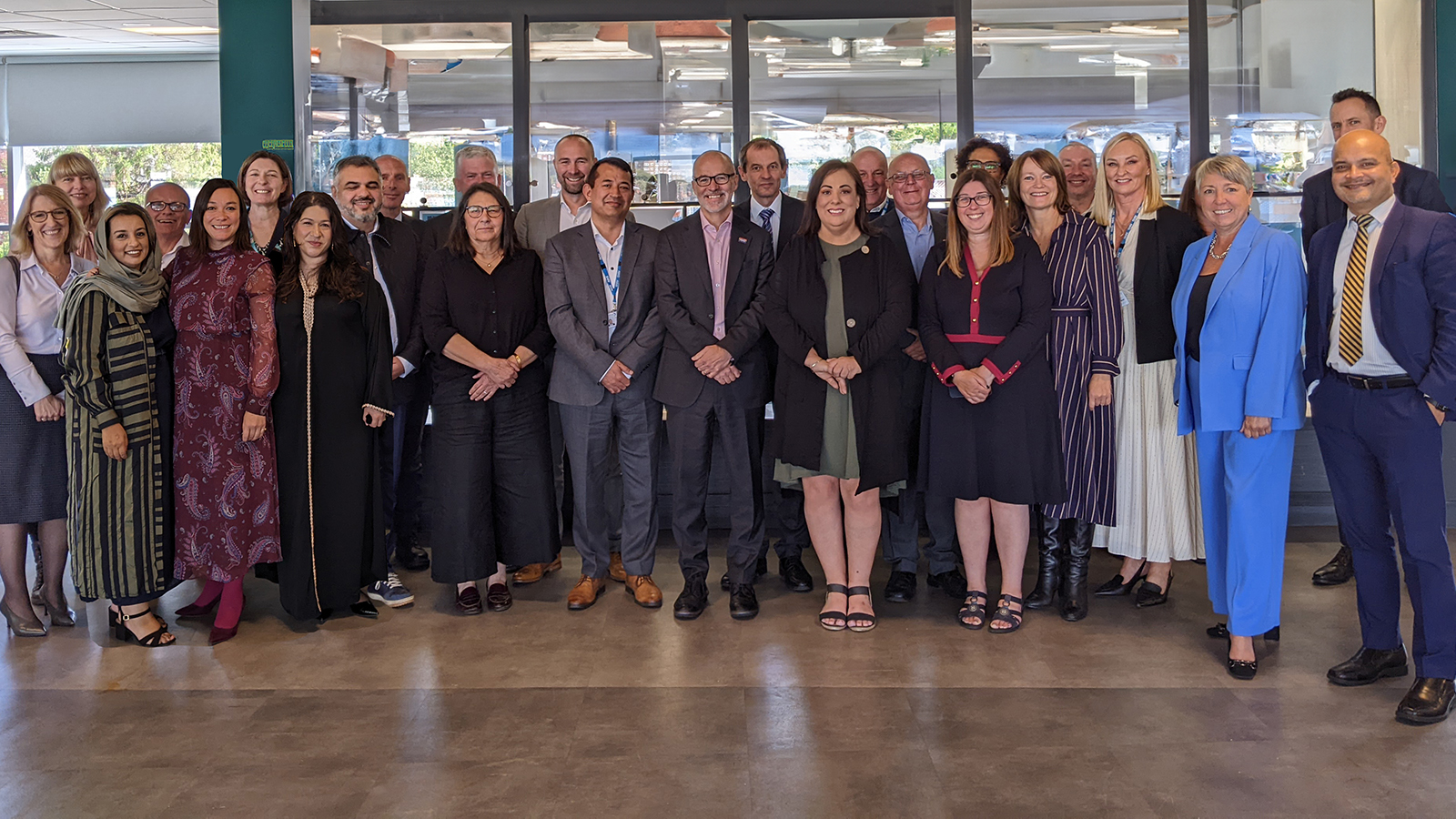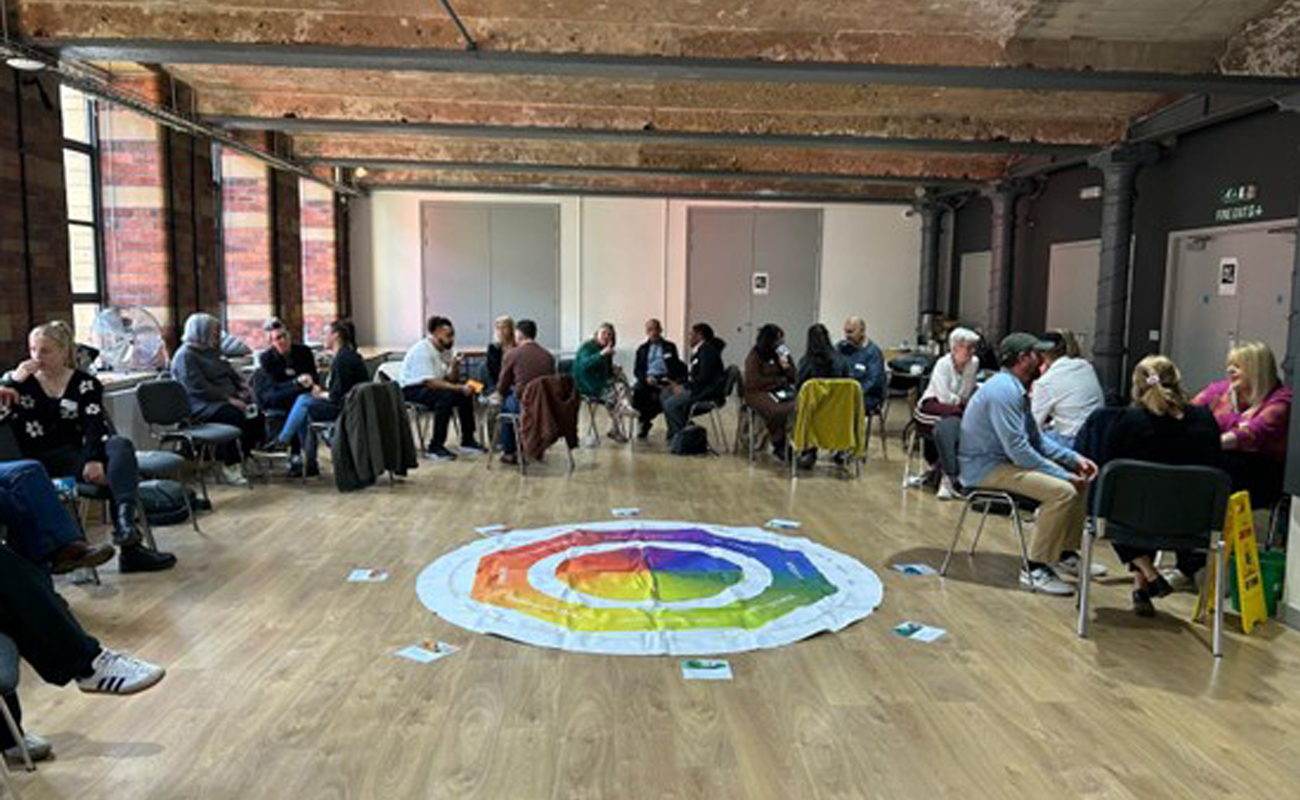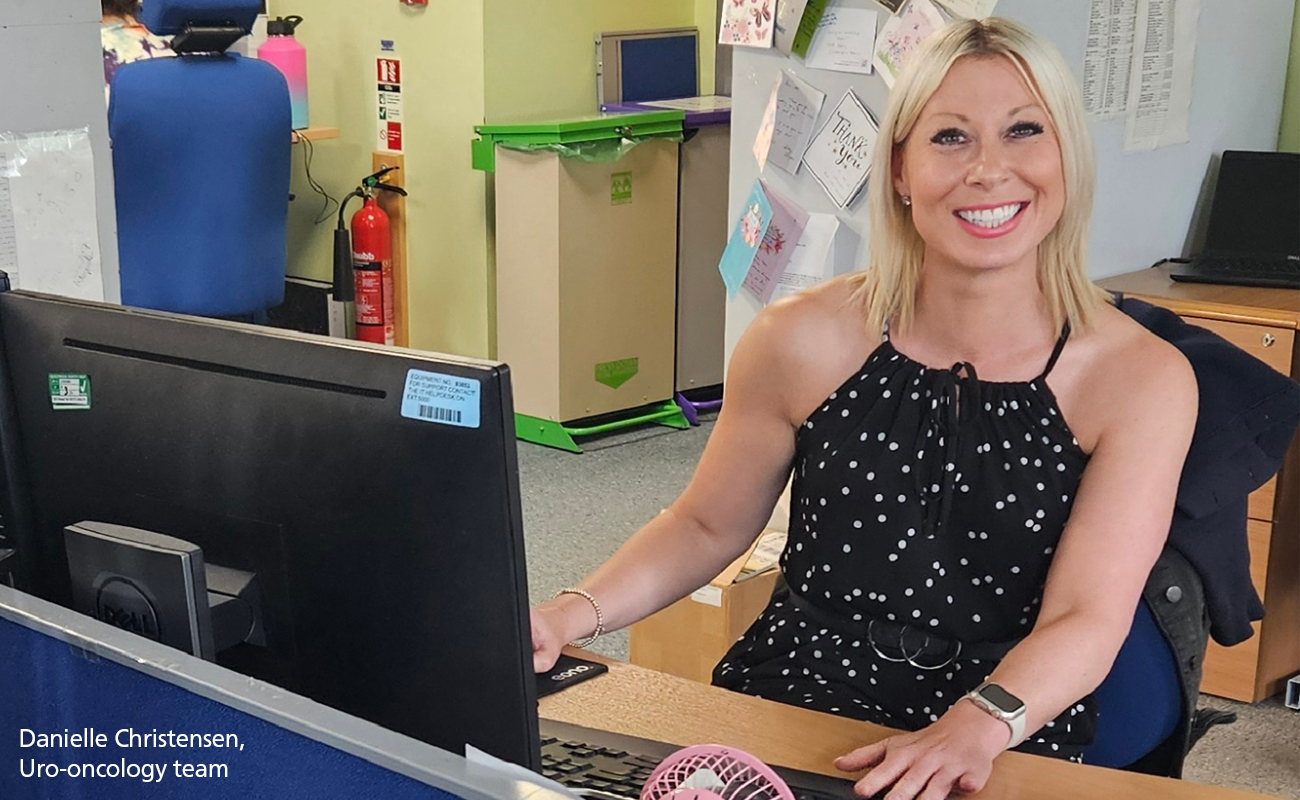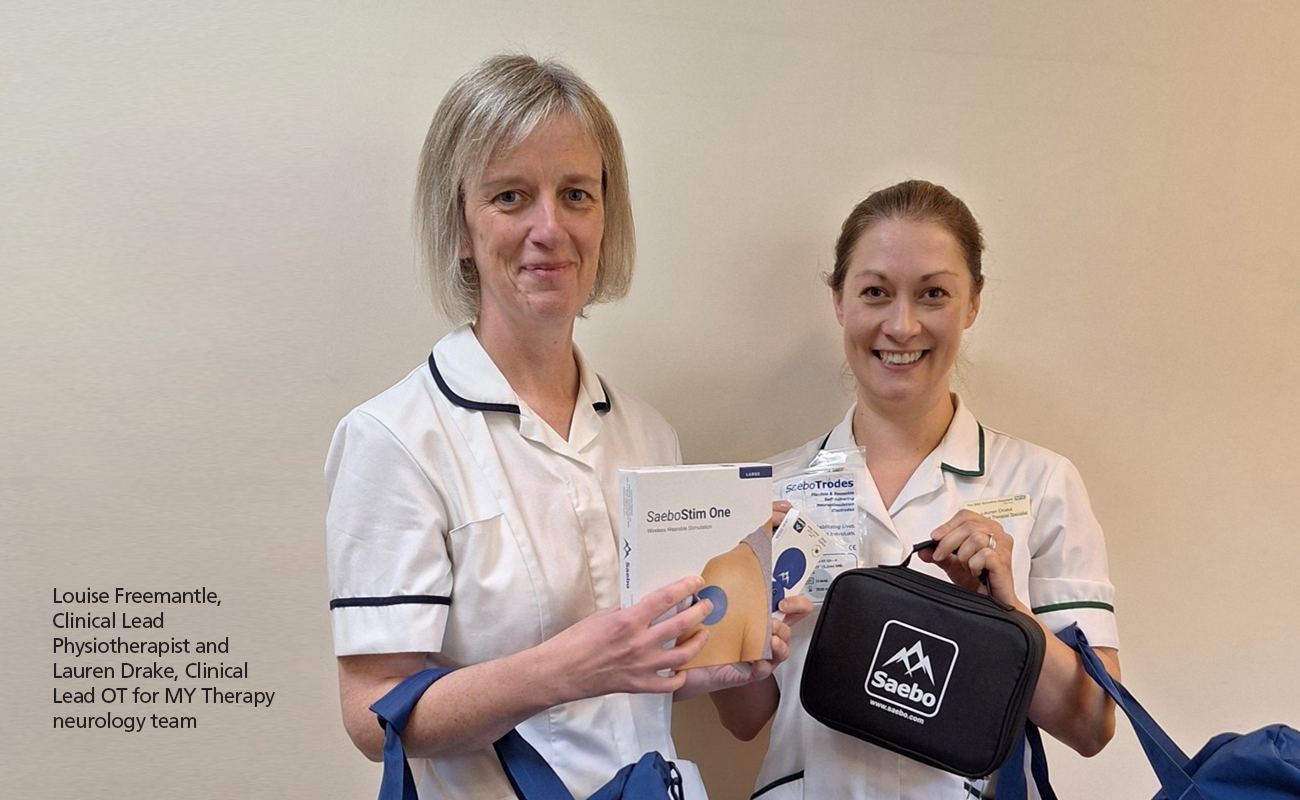For Dyslexia Awareness Month, this blog comes from Sonya Robertshaw, Workforce Lead in the Partnership's Mental Health, Learning Disabilities and Neurodiversity programme
Being dyslexic in the workplace - why reasonable adjustments matter
This month is Dyslexia Awareness Month. I wanted to share my experience to highlight the importance of reasonable adjustments in the workplace.
 Having supported my daughter through her educational journey and learning about her diagnosis, I later had it confirmed that I’m also dyslexic, something I’d always suspected and struggled with at school.
Having supported my daughter through her educational journey and learning about her diagnosis, I later had it confirmed that I’m also dyslexic, something I’d always suspected and struggled with at school.
For a long time, I felt I had to hide it. Spelling mistakes, typos, slow reading. I worried - errors would be seen as a sign that I was stupid or careless. In my early career I had the role of taking minutes in an education setting, full of teachers with red pens at the ready. I’d cringe every time I received corrections. Somehow, I kept my job despite the constant errors, including my most embarrassing moment of my career, putting matters arsing rather than matters arising.
Now, as an adult in the workplace, dyslexia can be exhausting - reading emails, writing reports, double-checking every sentence. Sometimes I re-read things three times just to be sure and still make mistakes.
People seem to think I’m super organised but any instruction of more than two parts, I need to write down, and I need numerous lists, both at work and at home. Last week when I was tired, my dyslexia presented more than usual. I made loads of embarrassing errors in correspondence and dropped a few balls in my personal life, showing that my neurodivergence presents differently day to day.
I dread meetings when you’ve just presented. The Chair takes questions from the group, and you’re expected to respond to lots of questions. For my dyslexic brain, I need more time to process questions to be able to respond well.
Dyslexia doesn’t make me less capable, it just means I process information differently and sometimes need a bit more time. I write good quality reports and business cases, and I have good ideas. Dyslexia has shaped the way I think, communicate and solve problems. For me and my daughter, I’ve come to see dyslexia not as a limitation but as a different lens. It’s taught me to approach challenges creatively, to think outside the box and to value clarity in communication.
What has helped me the most at work is working in a team that supports people to bring their true authentic selves at work. People are curious and ask questions about how to support each other. I’ve also been able to have access to reasonable adjustments. Dictation software has been a game changer for me. I no longer feel as tired at the end of a workday. I feel it’s okay for me to say in meetings, “I need a bit more time to read that before I respond”. I feel comfortable saying no to being the scribe or flip chart person in development sessions.
That’s why reasonable adjustments matter. They’re not about giving special treatment, they’re about supporting people to thrive at work. Simple changes can make a huge difference. Reasonable adjustments allow dyslexic employees to focus on their strengths rather than compensating for a system not set up for neurodivergent brains.
We’ve been working hard in West Yorkshire to make this easier for others and have created some resources to help employees better understand and support neurodivergent staff. In developing this work, I’ve heard from other neurodivergent colleagues, including some who have shared similar experiences and challenges. I hope sharing my experience helps others to challenge limiting beliefs they have about themselves. I hope it encourages and educates people so we can unlock new possibilities for ourselves and others and truly celebrate a neurodiverse workforce.
If you’re looking to better support neurodivergent colleagues, including those that are dyslexic, please check out these resources.
Thanks,
Sonia


 This Hospice Care Week (6 to 12 October 2025), the theme ‘Hospice care is more than you think’ captures that perfectly.
This Hospice Care Week (6 to 12 October 2025), the theme ‘Hospice care is more than you think’ captures that perfectly. 
 Justine Andrew, a former partner at KPMG, joined Bradford Teaching Hospitals NHS Foundation Trust on 1 October as a new non-executive director on the trust’s board.
Justine Andrew, a former partner at KPMG, joined Bradford Teaching Hospitals NHS Foundation Trust on 1 October as a new non-executive director on the trust’s board. The West Yorkshire Leadership Development Programme held its first in-person development day in Bradford on 15 September 2025. This programme is funded by the West Yorkshire ICB through Power of Communities.
The West Yorkshire Leadership Development Programme held its first in-person development day in Bradford on 15 September 2025. This programme is funded by the West Yorkshire ICB through Power of Communities. Kirklees Council is working in partnership with the West Yorkshire and Harrogate Cancer Alliance on a breast screening campaign called Don’t Let it Be You.
Kirklees Council is working in partnership with the West Yorkshire and Harrogate Cancer Alliance on a breast screening campaign called Don’t Let it Be You.  Stroke and neurology patients in Wakefield are set to benefit from new rehabilitation equipment, thanks to a successful bid from the MY Therapy neurology team at Mid Yorkshire Teaching NHS Trust.
Stroke and neurology patients in Wakefield are set to benefit from new rehabilitation equipment, thanks to a successful bid from the MY Therapy neurology team at Mid Yorkshire Teaching NHS Trust.